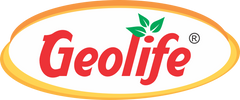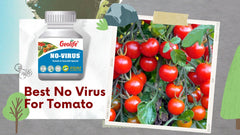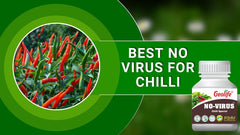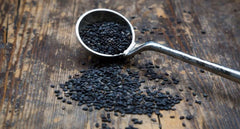Nanotechnology focuses on particles ranging in size from 1 to 100 nanometers (nm). One nanometer is equivalent to one billionth of a metre. In comparison to the diameter of the Earth, a nanoparticle is roughly the size of a football, illustrating how small objects become at the nanoscale.
Nanoparticles are also present in foods generated by nature. Foods containing nanoparticles include globular proteins with diameters between 1 and 10 nm and carbohydrate and fat polymers with thicknesses of less than 100 nm. Nanoparticles can also be produced via conventional manufacturing techniques, such as homogenization and emulsification. Micelles of casein and whey in milk and emulsified droplets in mayonnaise are two examples. Natural nanoparticles have been safely ingested for decades and pose no threat to human health.
In recent years, the food industry has become increasingly interested in employing nanoparticles created by humans. Due to the diminutive size of nanomaterials, their chemical and physical properties might vary significantly from those of their bulk counterparts. This opens the door to an abundance of unique food products and applications involving food. Concerns have been raised about the safety of foods incorporating nanotechnology.
In the food sector, nanotechnology is utilised. Nanotechnology is extensively used in the food sector for the nanoencapsulation process. Nanoparticles are wrapped around food ingredients and additives to mask off-flavors and odours, inhibit decomposition, and aid in the dispersion of non-water-soluble food components.
Nanotechnology in food is being used in the food processing industry to generate nanostructured food ingredients and additives that promise enhanced flavour, texture, and consistency, higher bioavailability, and the potential to incorporate "incompatible" materials into a food matrix. Spreads, ice cream, yoghurt, and other nanostructured foods are examples.
Producing agrochemicals and veterinary drugs at the nanoscale level is an indirect application of nanotechnology in the food business.
Concerns have been raised over the application of nanotechnology to the food supply, such as:
- Nanoparticles could penetrate food without being detected.
- When nanomaterials are ingested, the metabolic and absorption characteristics of the organism are altered.
- The majority of our knowledge regarding nanoparticle toxicity is still in its infancy.
- To establish the safety of nanoparticles, scientists still lack an effective method for analysing and predicting their behaviour.
What influence will nanotechnology have on food safety?
According to our current knowledge, nanotechnology-produced foods are neither safer nor riskier than conventional foods. Despite the fact that worldwide food safety bodies have not yet reached a consensus regarding the safety of nanofood, there is no evidence that the consumption of nanoparticles from nanofood has affected the health of humans. Several governments, including Australia, the European Union, the United States, and New Zealand, have organised committees to monitor the development of nanotechnology and take appropriate action as necessary.
Investment guidance for trader is that they must verify that the products they sell to consumers are safe for consumption and only sell nanomaterials for which safety has been evaluated.
Offering details to the wider public:
- Eat a balanced diet in order to maintain a healthy weight.
- Ensure that the food you purchase comes from a trustworthy source.
Our Products:
Give your plants best care to grow unbeatable delicious food items in town with our products. Geolife brings you the best products to cherish and celebrate your garden and plants.
- Complete Nutrition for Vegetative Stage Combo Offer
- Geolife High Yield Package Kit
….and many more. Visit our website to find the best fit for your veggie paradise.





